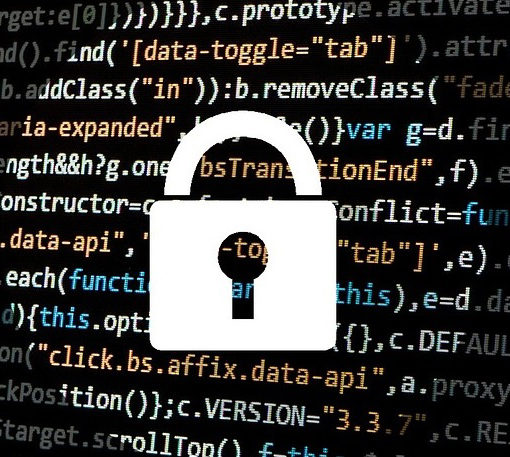It seems that each day, hackers keep thinking of new ways to break into websites. As a website owner, you should always keep this threat at the back of your head. You might not be targeted today or tomorrow, but you’ll almost certainly be targeted at some point in the future. If you take proper security measures for your website, you can make your business practically resistant to these attacks. Keep reading to find out 8 ways to protect your website from hackers.
1. Get an SSL certificate
This is one of the first things to do once you launch your website. An SSL (secure socket layer) certificate indicates that your website’s name is genuine and that the website is encrypted. This ensures that you cannot steal confidential data from visitors, and visitors can’t steal confidential data from the website. In addition to security, this also creates an extra layer of trust between you as the website owner and your visitors.
2. Secure your passwords
Always use the strongest passwords possible for all accounts related to your website. Simple passwords might be easy to remember, but they’re horrible when it comes to security. Hackers can use password guessing techniques and guess your password within a few minutes, hours or days if it isn’t difficult enough. You can employ various business security tools to make the process of securing your passwords much easier.
3. Parameterize your queries to avoid SQL attacks
An SQL attack is when somebody enters malicious SQL code into a query field on your website. This code can allow hackers to steal your website’s sensitive information that shouldn’t have been accessible through the query. To stop these attacks from happening, you should parameterize your queries, which will block outside SQL code from going through to your website.
4. Choose your host wisely
All website hosting service providers are different. Some are cheaper than others and offer low bandwidth and little security. If you want to protect your website from hackers, you should avoid these. To keep your website as secure as possible, choose hosting services that are known to offer lots of security: go for one that at least offers an SSL certificate, backup, and firewall. This will ensure that your web hosting service provider takes security seriously, and you won’t need to worry about all of these little tasks yourself.
5. Update software
Hackers might exploit software vulnerabilities and access your device with all of its data, including information about your website. Always update the software of your device, your website, and all other applications that you use. These updates often come with security fixes aimed at tackling these vulnerabilities.
6. Have an activity log
Set up an activity log for anyone who logs onto your website’s system and makes changes. This will allow you to spot suspicious activity. For example, if somebody’s WordPress login information gets leaked and weird changes get made to the website, you’ll know the user who did this, and you’ll know what to do. You’ll be able to contact the exact person who made the changes and figure out if it was a mistake, if they did it on purpose, or if they’ve been hacked.
7. Back everything up
Your website should always have a strong and updated backup. This is especially important for websites that have a lot of content, such as blog posts, videos, or photos. If your website gets hacked tomorrow and all data on it gets deleted, you need to ensure that you would be able to restore the website to nearly the same exact state.
8. Regularly scan for malware
Some types of malware might stay on a website for months or even longer without being noticed. It might be slowly collecting data on your website, or the hacker might just be waiting for the best time to attack. You should perform regular scans for malware on your website, especially if you interact with your visitors through it.
Final thoughts
Your website can be targeted at any time. No matter how busy you are with other business matters, security should be one of your top priorities at all times. Website security is not just a matter of keeping your business safe. It’s a matter of trust. When visitors know that you’ve taken steps specifically aimed at protecting their data and making their browsing experience as safe as possible, they’ll want to interact with your website even more. Follow these 8 website security tips to keep hackers away and improve your engagement rates!




